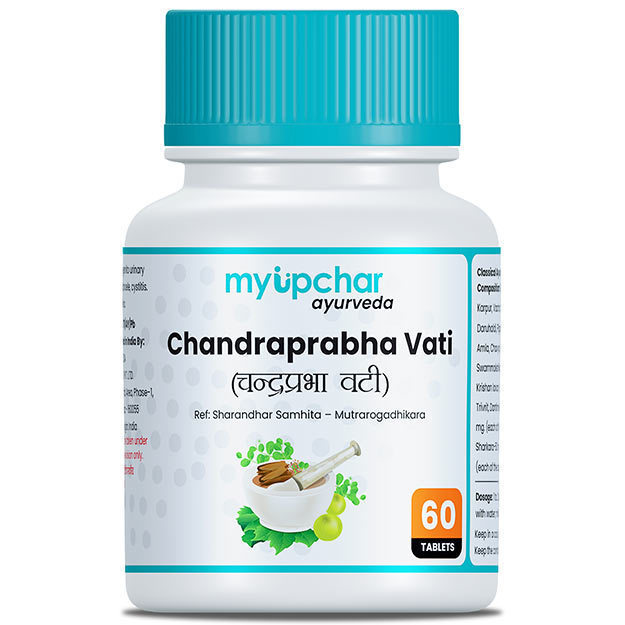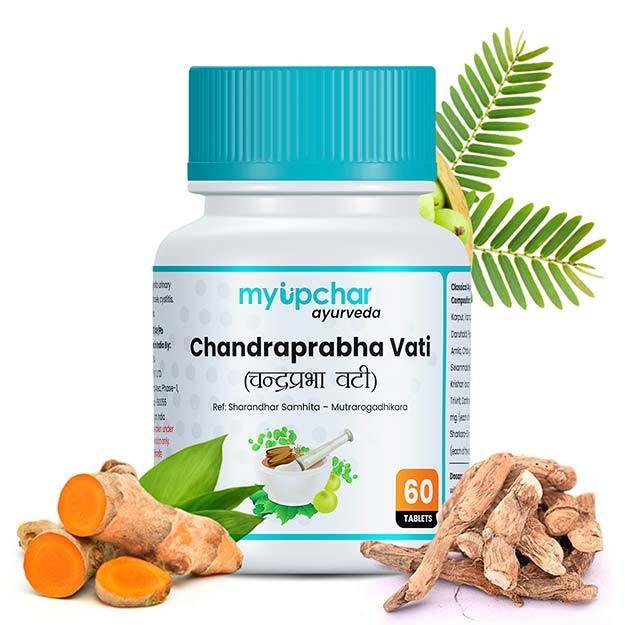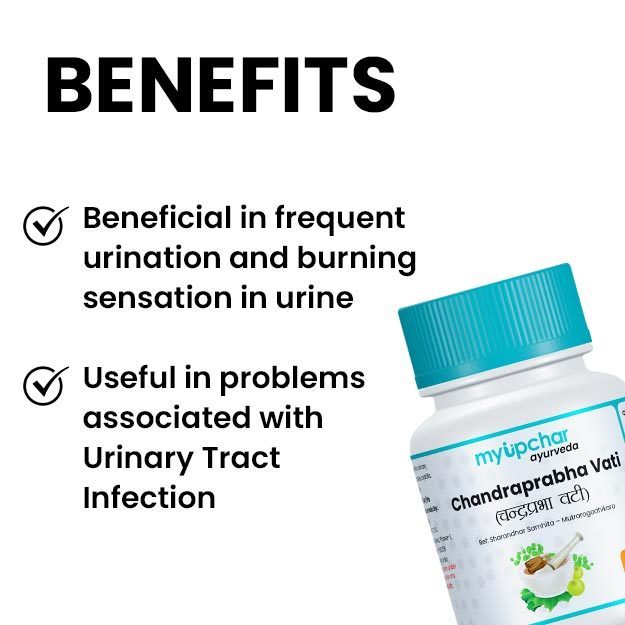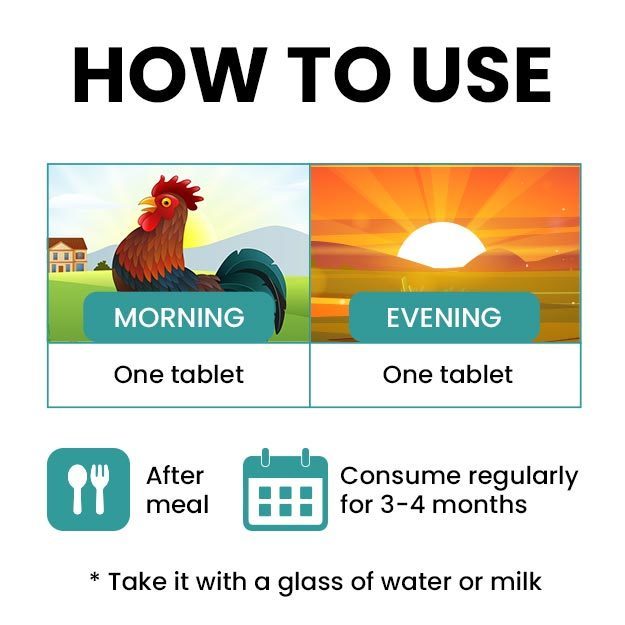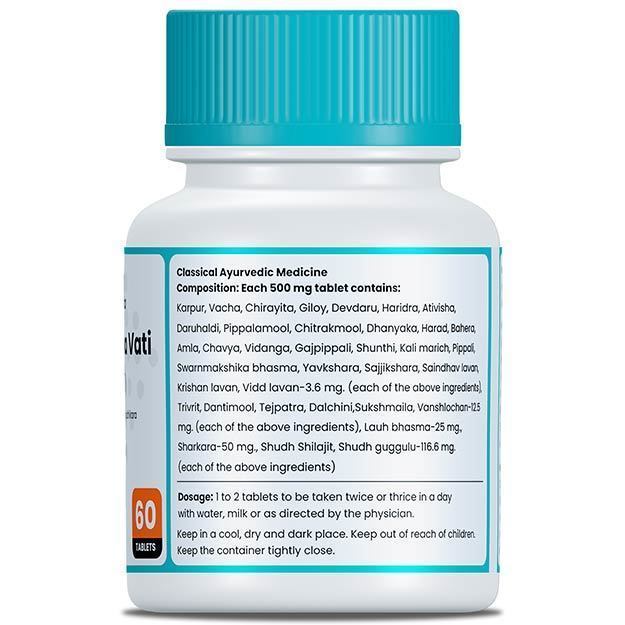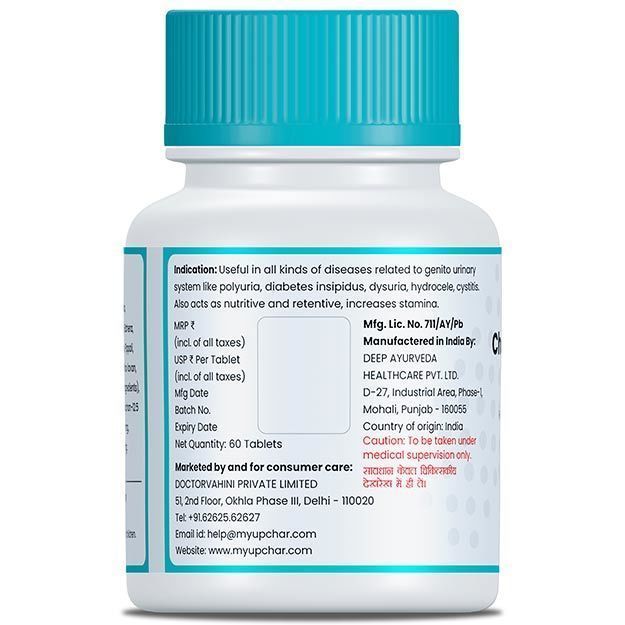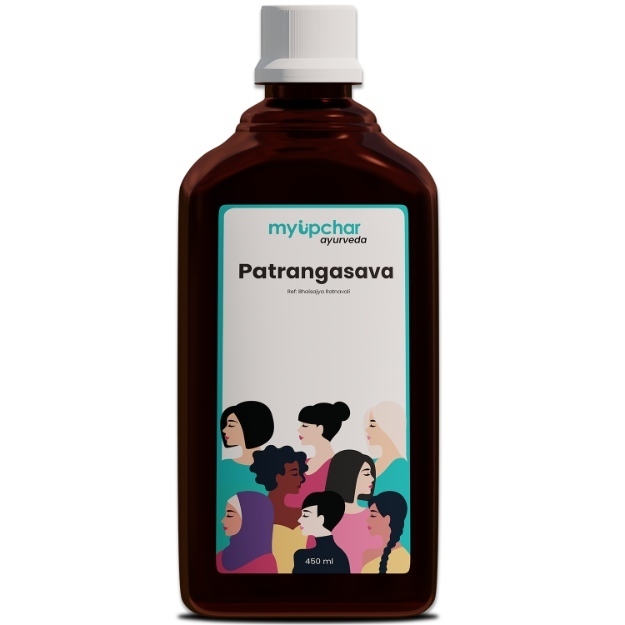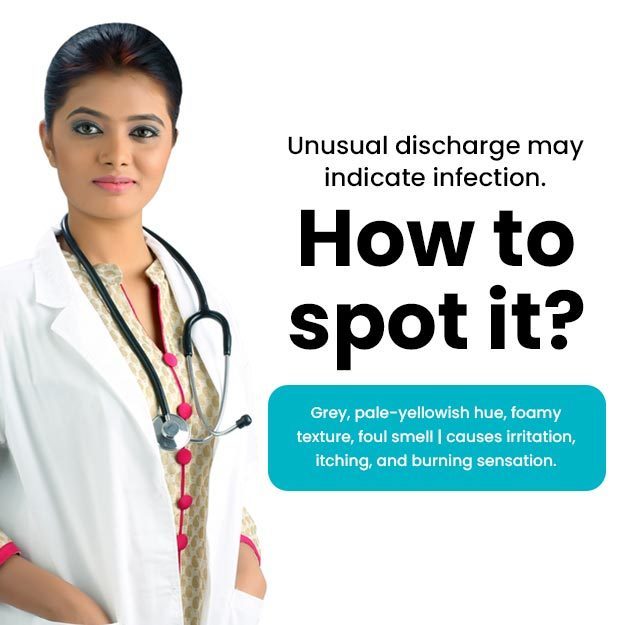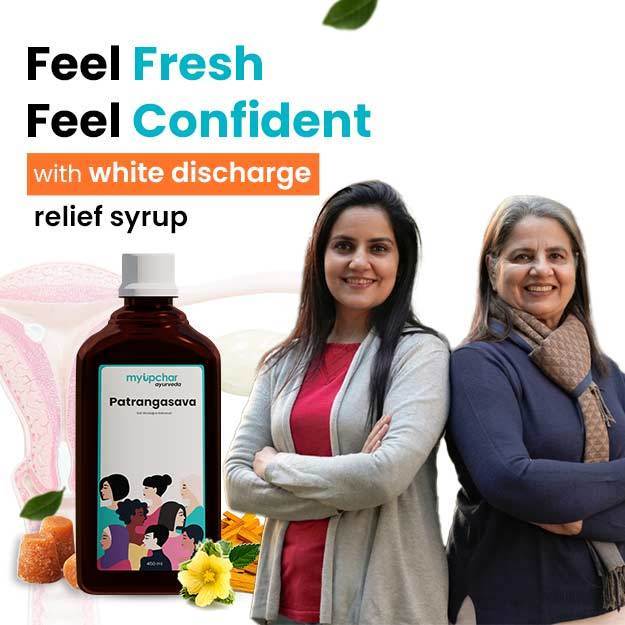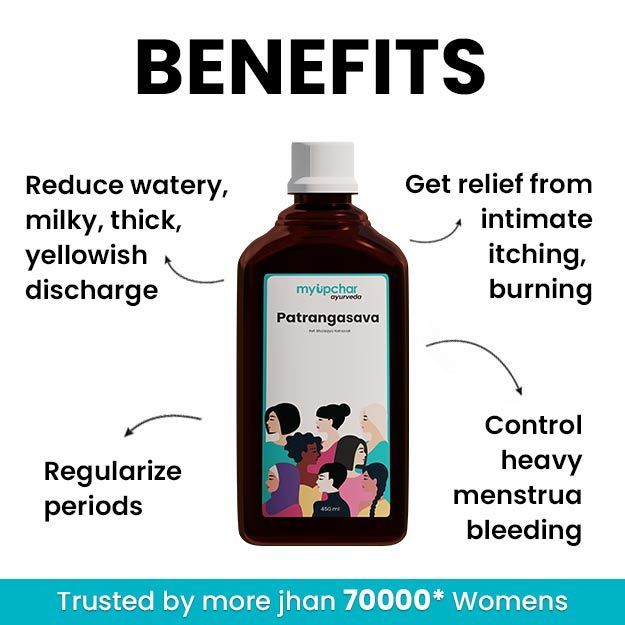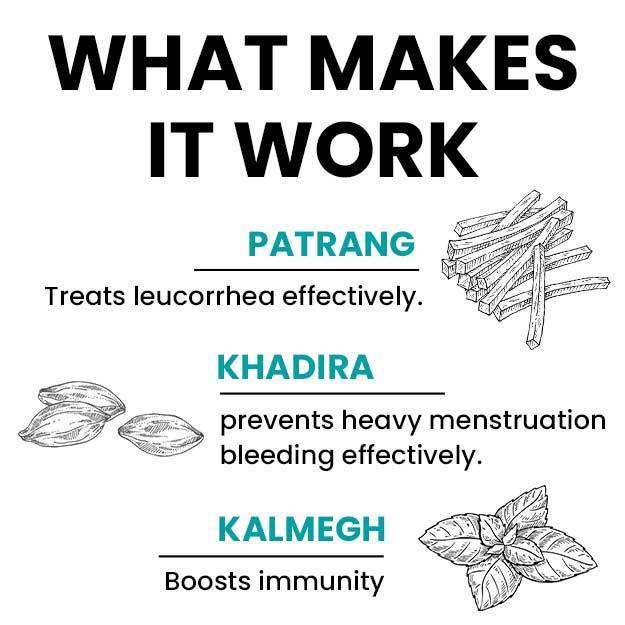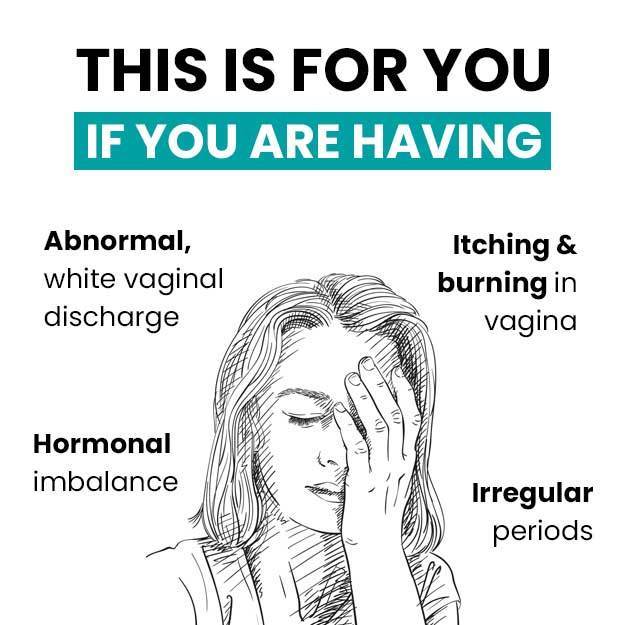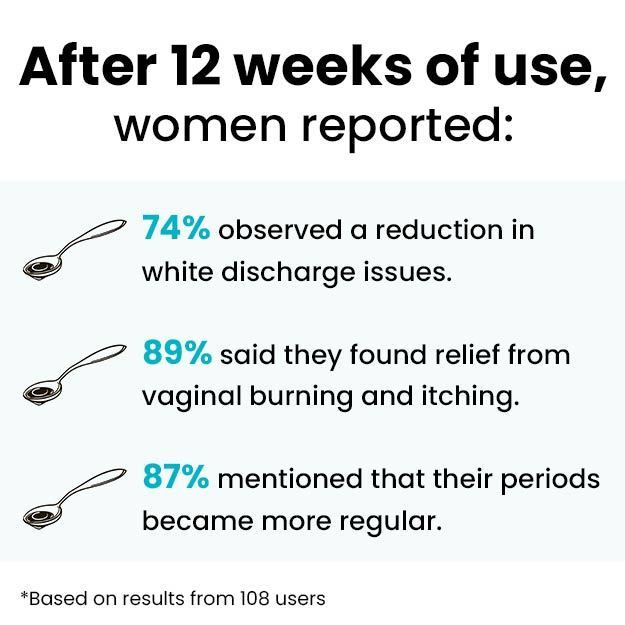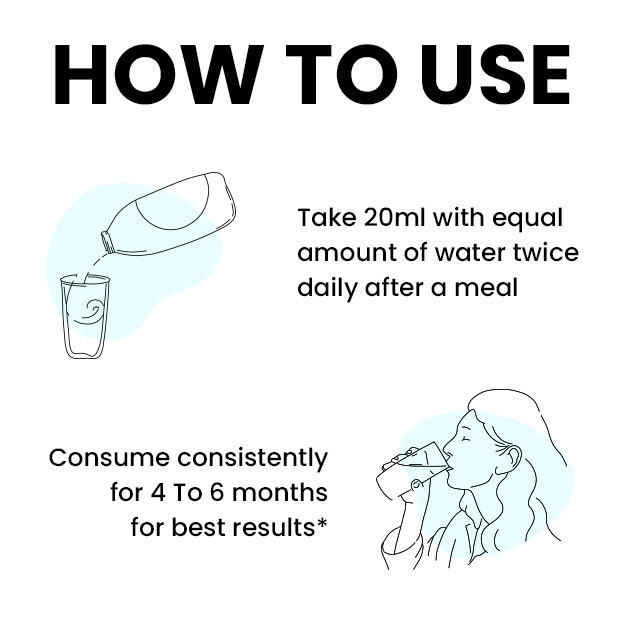After delivery, most women have the problem of swelling. In this, swelling starts coming near the face, stomach and ankle of women. This problem is also called edema. Many other problems can also arise in your body due to this problem for a long time after delivery. Some women also get swelling in their hands and feet after delivery and near the stitches after cesarean delivery. To ensure that the swelling does not affect your kidney after delivery, you will have to consult a doctor and get complete treatment for this problem. In this problem, you can also adopt measures to remove swelling during pregnancy.
(Read more - After delivery care for the mother)




